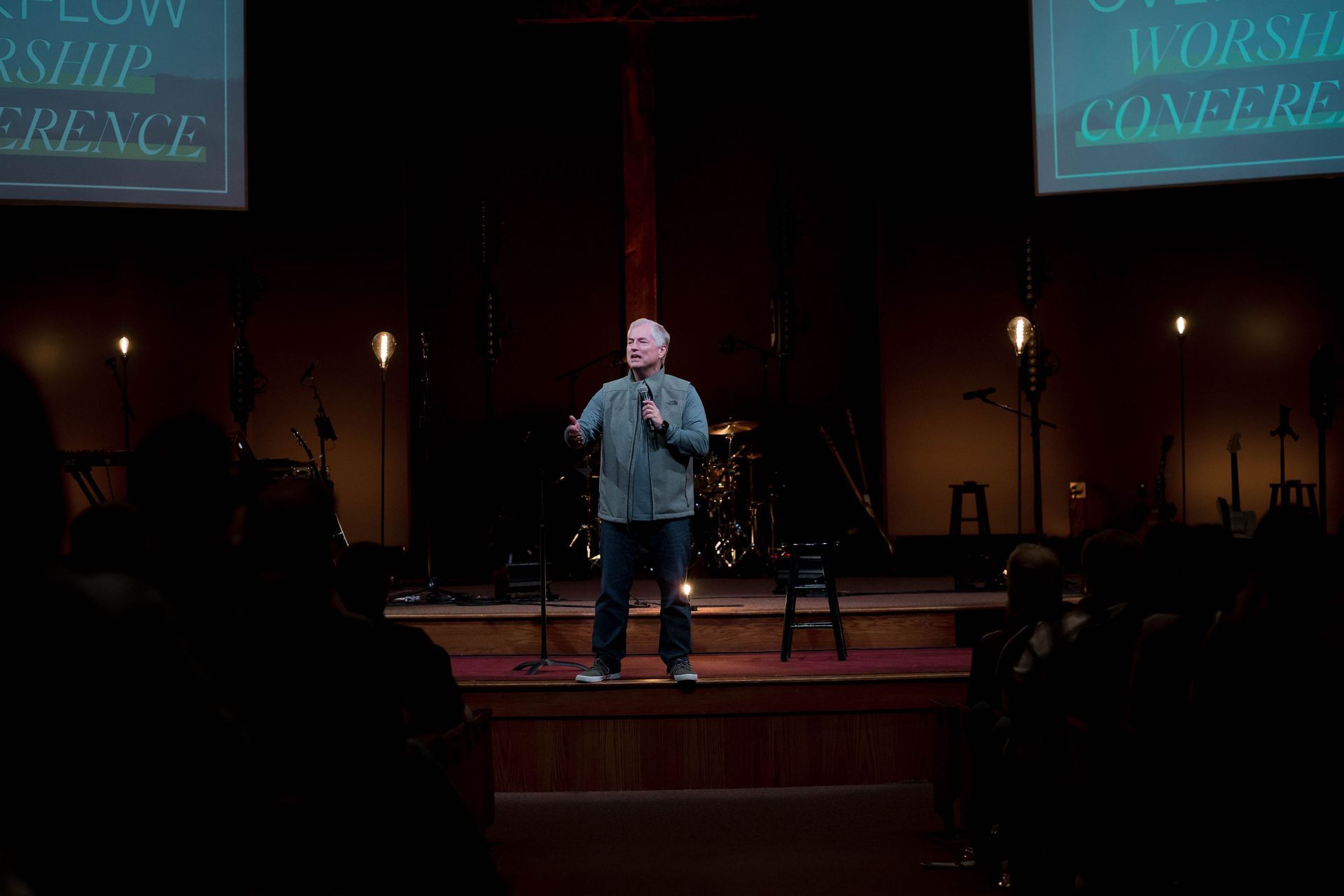From Church to Marketplace: Living Your Faith Boldly in Business
For many Christian business owners, integrating faith into the workplace can feel complicated. There’s a tension between being professional and being authentic, between keeping the peace and speaking truth. But the reality is, for kingdom-minded leaders, business is ministry. The two are not separate.
This conversation dives into what it means to lead as a Christian in business, how to overcome common misconceptions, and how to practically build a business that reflects your faith without compromise.
The Church vs. Business: Two Sides of the Same Coin
The church has historically funneled leadership potential straight into ministry. If someone is a strong communicator or shows natural leadership abilities, the assumption is often that they should become a pastor. But what if those same giftings are equally (or even more) impactful in the marketplace?
In ministry, relationships often need a bridge—a way to connect people to Jesus. But in business, especially when you're working side by side with clients, staff, and customers daily, the bridge isn't always needed. You’re already doing life with people. You're in close proximity with individuals who may never set foot in a church, which means you have a powerful opportunity to be the church in action.

When Faith and Business Aren't Separate
Many Christian business owners struggle with the question: "How do I make my business my ministry?" The answer is simpler than it seems. Be who you are. Live your faith openly, and let your values guide your decisions.
One practical way to do this is by defining your company’s values clearly. In one example, an acronym representing core values began with "Gratitude" – a value that created space to share about Jesus in everyday conversations. When gratitude becomes more than a buzzword and is tied directly to faith, people notice. Employees and clients alike begin to see the difference.
And it doesn’t stop with one conversation. These values shape culture. They influence hiring, leadership, and how you treat your team. And when someone asks about it, you’re ready to share the deeper reason behind it all: a Savior who gives purpose to every part of life.
The Power of Presence in the Workplace
Being a Christian in business isn't always about preaching the gospel outright. Often, it’s about presence. One employee may come to know Jesus through a direct conversation. Another may simply observe the consistency of your leadership, your peace in stressful situations, or your willingness to invest in others’ lives.
People are drawn to the light. In a world filled with chaos, someone who leads with integrity, humility, and compassion will stand out. It’s not about perfection; it’s about authenticity.
Measuring What Matters
One major shift from ministry to business is the role of measurement. In the church, it’s hard to quantify discipleship or transformation. But in business, measurement is essential. And honestly, the church could learn from this.
What’s measured improves. Tools like scorecards and systems like EOS (Entrepreneurial Operating System) help track progress, create clarity, and promote accountability. These tools aren't just for corporate efficiency—they help steward resources and people wisely, whether in a church or a company.
The Question is Who, Not How
Another key mindset shift in successful leadership is moving from "how can I do this?" to "who can help me do this?" Christian leaders often carry too much alone, especially those from ministry backgrounds where the culture demands you be everything to everyone.
Delegation and collaboration are not signs of weakness. They are strategies of wisdom. As your business grows, so should your circle of people who can help you carry the vision forward. And sometimes, the people who got you out of Egypt aren't the same people who will help you enter the Promised Land. Transition is hard, but necessary.
Living with an Abundance Mindset
A major struggle for Christian entrepreneurs is reconciling financial success with faith. There's often confusion between an abundance mindset and prosperity gospel. Abundance mindset isn’t about claiming wealth. It’s about believing that God has more than enough to accomplish His purposes and choosing to live open-handedly.
God gives to us not for our consumption, but for our contribution. Percentage living and giving is one way to live this out—asking God not just what to give, but what to keep. Generosity becomes joy, and resources become a tool to advance the Kingdom.
There is no shame in making money. The question is: what are you doing with it? Christian business leaders have a vital role to play in funding ministry, serving communities, and creating opportunities for others to experience the love of God in tangible ways.
Your Faith in Action
Your life and your leadership are constantly on display. And while you may not always realize it, people are watching. They notice how you handle pressure. They observe how you lead. And they will feel the difference when Jesus is at the center.
Business is ministry. It’s the church in motion. It’s a vehicle for impact, discipleship, and transformation. You don’t need to preach from a pulpit to live out your calling. Sometimes the most powerful sermons are the ones lived out in everyday leadership.
So lead well. Measure wisely. Walk boldly. And never underestimate how God is using your faith-filled obedience to shape the world around you.



